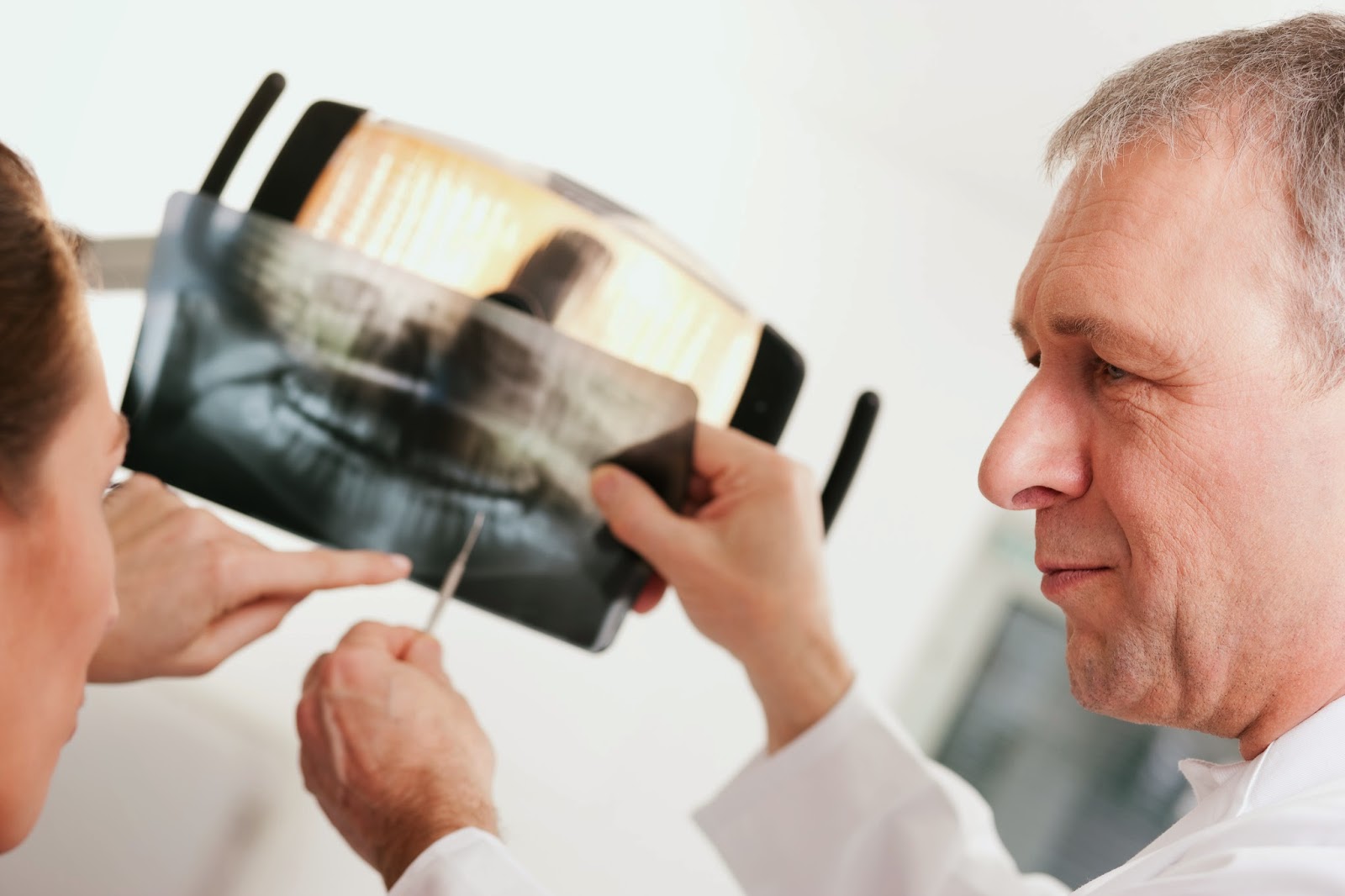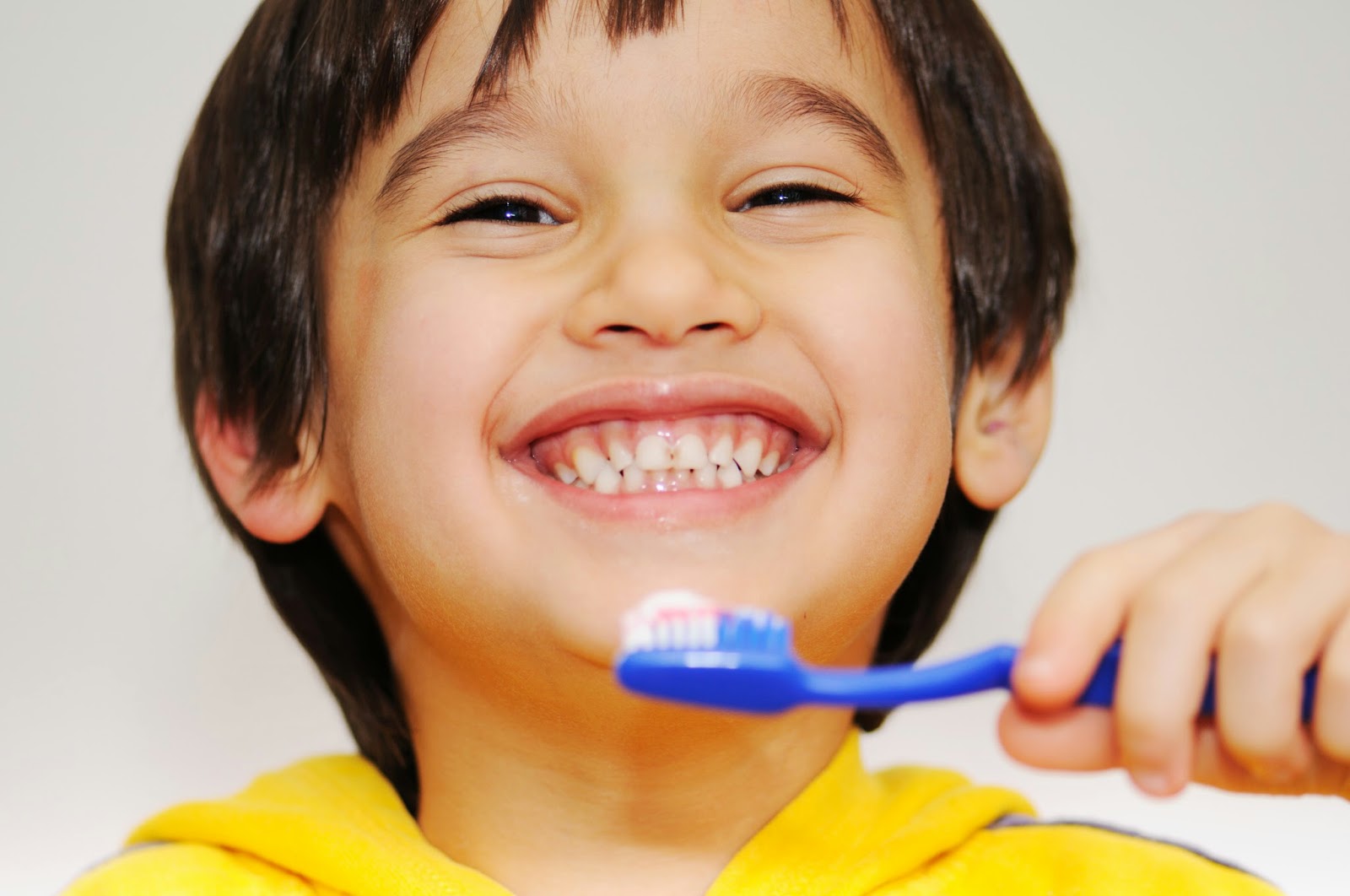Why lasers?
As time moves forward, dental health is improving and the inclusion of fluoride in water and toothpaste means that the general public has stronger enamel on their teeth. This is a benefit for dental health but makes diagnosing anything beneath the surface of the tooth more difficult.
Laser beams and technology allow dental professionals to “see” beneath the surface of the tooth and beneath the top layer of enamel. These readings allow your dental team to prevent and treat any “hidden” dental issues you may have, and ones that may have been unable to be detected with tools that came before laser dental technologies.
What was used before lasers?
Before lasers were available to use in general dentistry, practitioners would have to rely on the use of standard dental tools to find any issues within a patient’s teeth. This made it easier to miss a diagnosis of a cavity or decay.
While evaluating a tooth with the use of a standard tool like a pick, it would be easy to miss a very small fissure in the tooth. A pick is also unable to detect tooth decay beneath the surface, something that would be highly beneficial. Seeing these issues at the very beginning will allow your dental professional to plan accordingly and help you adjust your practices to avoid future problems.
Laser Decay Diagnosis
Just under the surface of the tooth, and that hardened enamel we mentioned, could be a cavity or tooth decay. While previously this could have been missed with the standard dental tools, a laser decay diagnosis has never been easier. The light of the laser can expand and allows your dental professional to see if there is decay beneath the surface. This diagnostic method allows us to find tooth decay even more quickly than an x-ray.
How does it work?
The process of utilizing laser dental technologies is very easy, and, as a patient, it is likely would would not even notice. The scan is completed by a wand-shaped instrument, and occurs by placing the light on each individual tooth to complete a scan. The scan then is digitally transferred to a computer screen for your dentist to evaluate. The laser decay diagnosis system provides a reading and information for the dentist, showing any structural changes or concerns about the individual tooth. From there, your dentist can recommend the best course of action for any problem (or lack thereof).
When evaluating a new dentist, be sure to ask about the types of technology within their practice. A dentist like Dr. Louis K. Cheung, DDS will be ready to show you the advancements available and how it will make your visit to the dentist all the more pleasant.





















.jpg)




